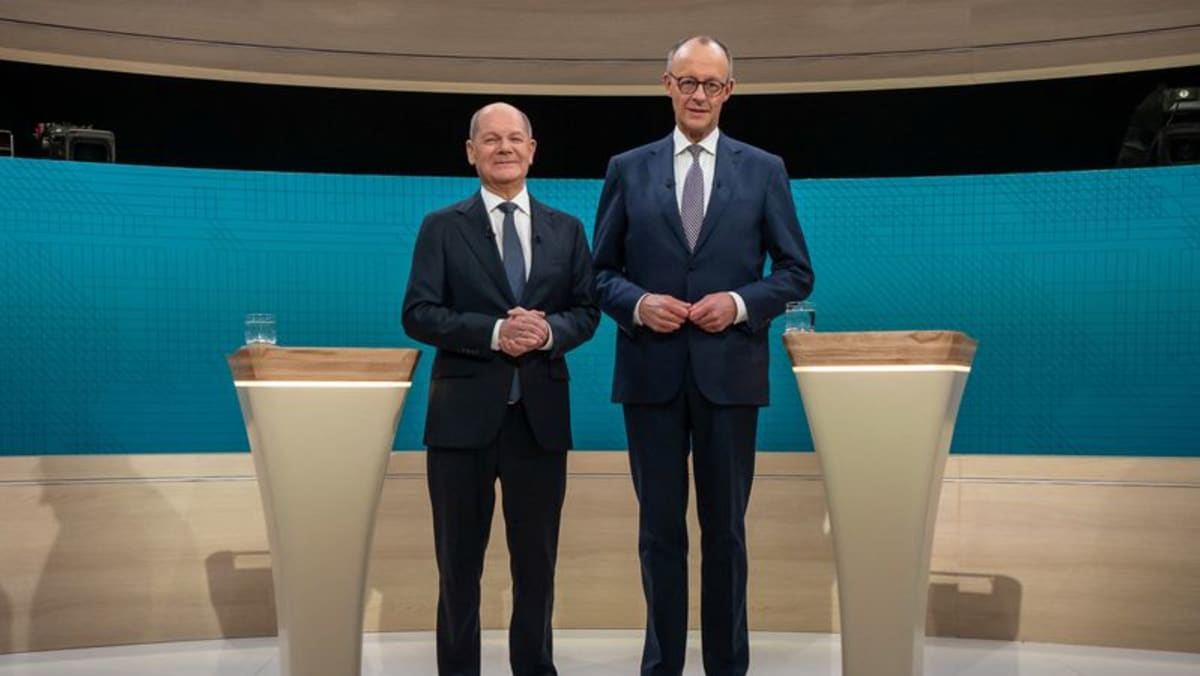BERLIN: Most Germans are worried about the economy and high prices as Europe’s biggest economy, once the region’s economic engine, now contracts, a survey showed on Monday (Feb 10) ahead of a Feb 23 election.
The online survey by German reinsurer R&V of 1,000 Germans from Jan 23-25 showed that 70 per cent worry about the rising cost of living, up from 57 per cent in the previous survey in summer.
“Inflation may have dropped, but the absolute prices have remained high,” said Isabelle Borucki from Philipps University of Marburg, an adviser in the study.
Of the respondents, 68 per cent fear an economic downturn, up from 48 per cent in the previous survey.
Increasing competition from abroad, high energy costs, elevated interest rates and uncertain economic prospects have taken their toll on the Germany economy, which contracted in 2024 for two years in a row and has become one of the top concerns among voters.
The election was called after Chancellor Olaf Scholz’s three-way coalition with the Greens and the Free Democrats collapsed in November. He now leads a minority government with just his Social Democrats and the Greens.
Disagreements over how to save Europe’s largest economy contributed to the coalition’s demise, with the dire situation reflected in the country’s storied auto industry, with Volkswagen and others cutting jobs as they look to remain afloat.
More than six out of 10 people in Germany consider politicians in both the government and the opposition to be overwhelmed by their tasks.
“Germans’ trust in politicians is frighteningly low,” said study director Grischa Brower-Rabinowitsch. “Many people no longer feel represented, political debates often seem out of touch with reality and driven by party political calculation.”
Three out of four Germans are worried about the polarisation of society, up from 48 per cent in the summer. The sharp increase is attributed to a series of high-profile killings in public spaces by people with an immigrant background and how the parties reacted to them, the director of the study said.
Migration is interpreted as the central political problem, Brower-Rabinowitsch said. “This builds up enemy images that can lead to further division.”
